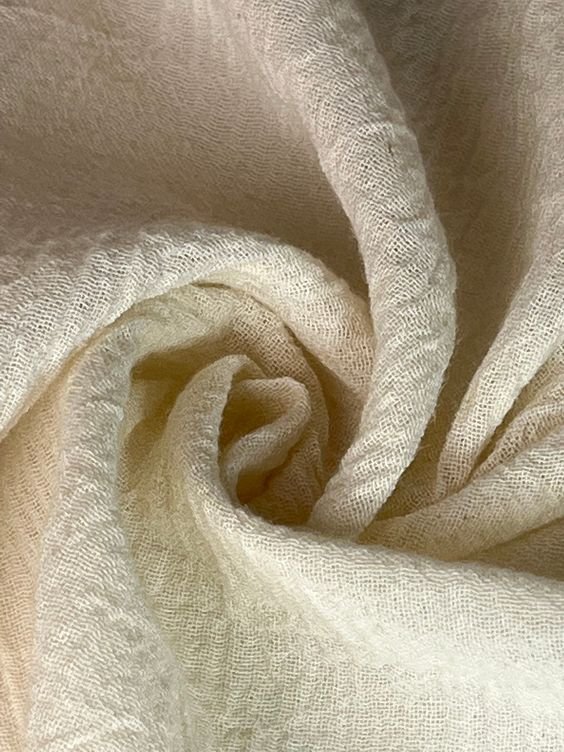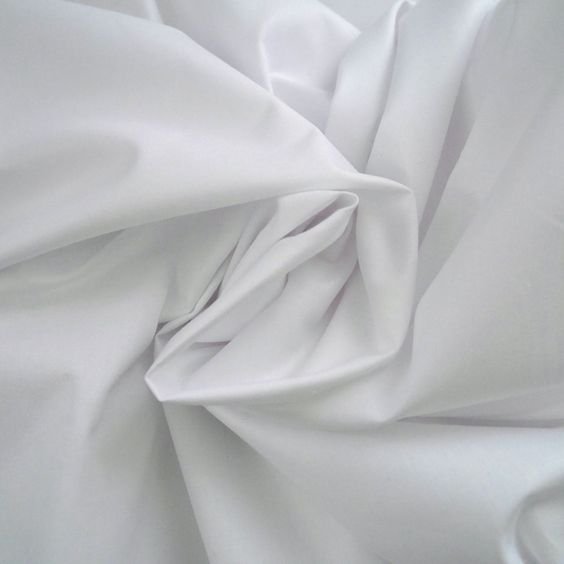Organic cotton
Organic cotton fabric is a sustainable and eco-friendly textile made from cotton that is grown using organic farming methods. Unlike conventional cotton farming, which relies heavily on synthetic pesticides, fertilizers, and genetically modified seeds, organic cotton farming focuses on natural and environmentally friendly practices that promote soil health, biodiversity, and sustainable agriculture. Organic cotton fabric is prized for its softness, breathability, and minimal environmental impact, making it a popular choice for clothing, bedding, and other textile applications.
Properties
- Sustainability: Organic cotton fabric is produced using organic farming methods that prioritize environmental sustainability and social responsibility. Organic cotton farmers avoid the use of synthetic pesticides and fertilizers, opting instead for natural alternatives such as compost, crop rotation, and beneficial insects. This helps to protect soil health, minimize water pollution, and reduce greenhouse gas emissions associated with conventional cotton farming.
- Natural and Non-Toxic: Organic cotton fabric is free from harmful chemicals, pesticides, and genetically modified organisms (GMOs). It is grown without synthetic pesticides or fertilizers, making it safer for farmers, workers, and consumers alike. Organic cotton fabric is also processed without the use of toxic dyes, bleaches, or finishing agents, further reducing its environmental impact and potential health risks.
- Softness and Comfort: Organic cotton fabric is prized for its softness, breathability, and comfort. It has a smooth and gentle texture that feels luxurious against the skin, making it ideal for clothing, bedding, and other items that come into contact with the body. Organic cotton fabric is naturally hypoallergenic and less likely to cause irritation or allergic reactions compared to conventionally grown cotton.
- Breathability: Organic cotton fabric is highly breathable, allowing air to circulate freely through the fabric. This helps to regulate body temperature and keep the wearer cool and comfortable in warm weather, making organic cotton clothing particularly suitable for hot and humid climates.
- Versatility: Organic cotton fabric is incredibly versatile and can be used for a wide range of clothing, bedding, and textile applications. It is commonly used in t-shirts, jeans, dresses, baby clothes, bed sheets, towels, and more, offering consumers a sustainable and eco-friendly alternative to conventional cotton products.




